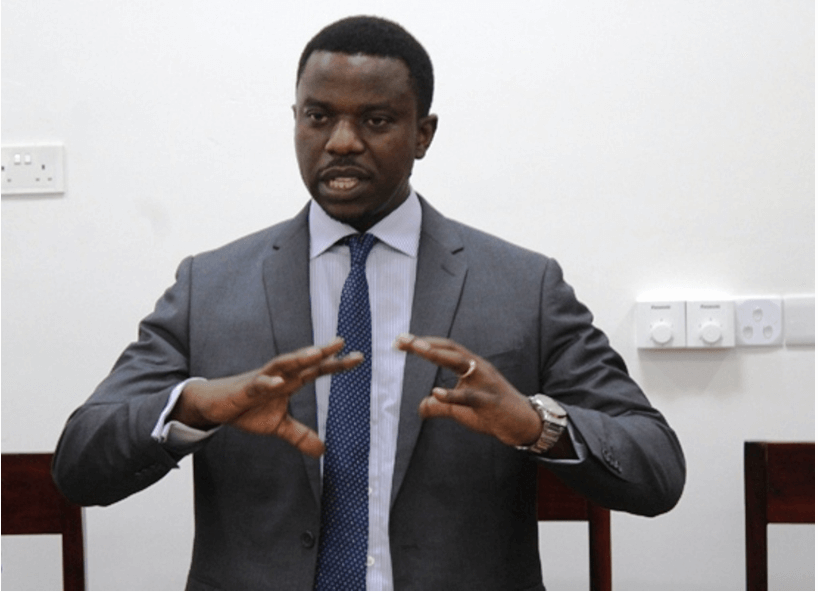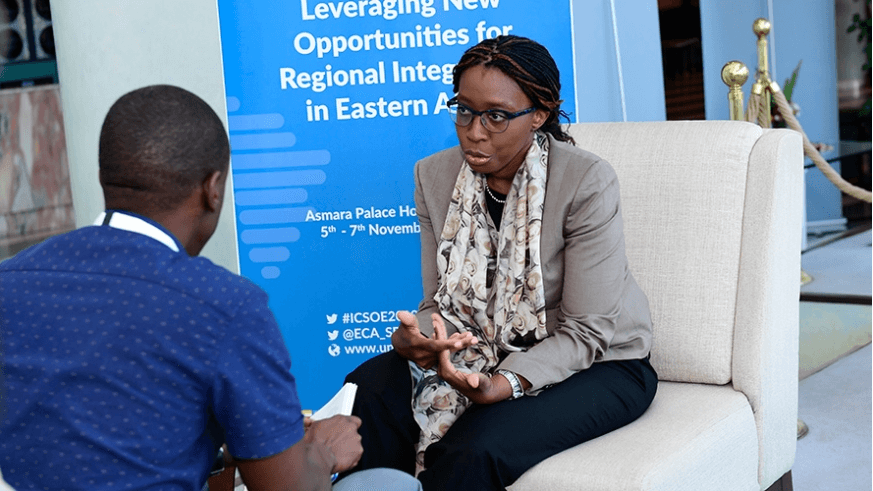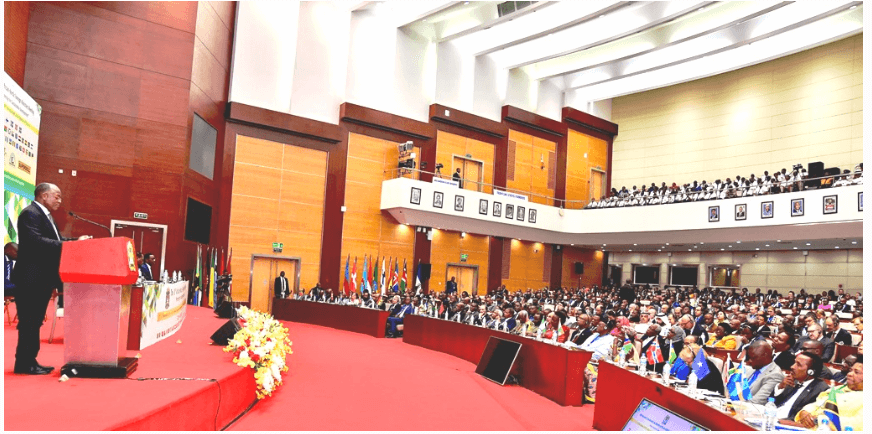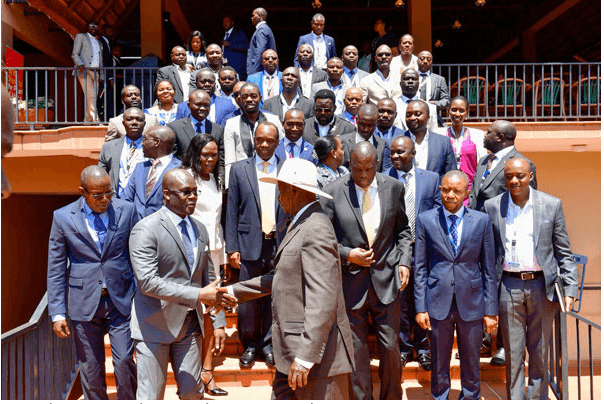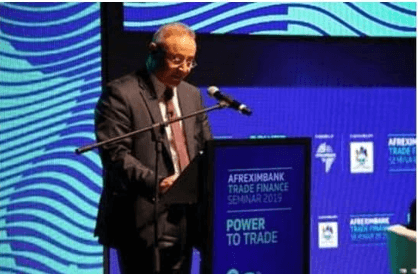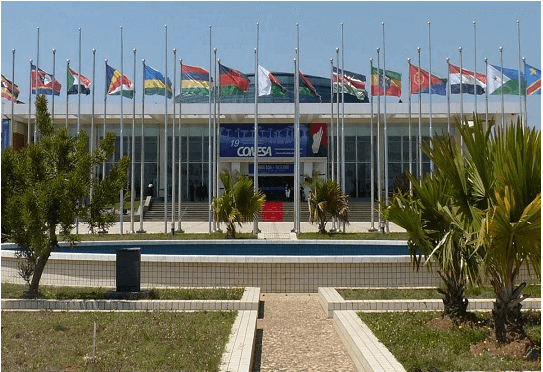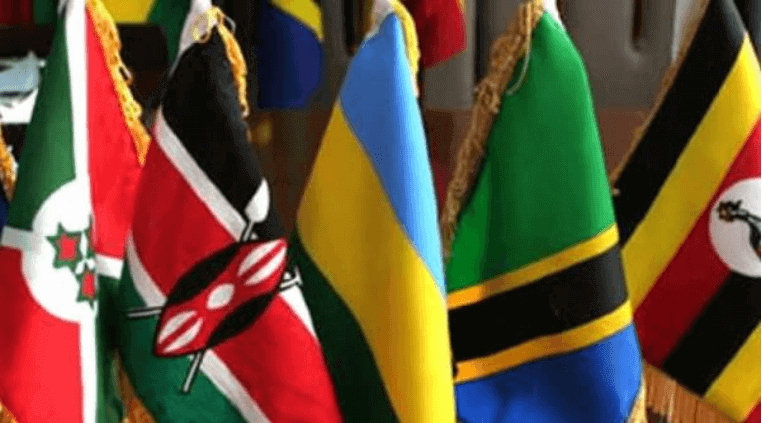$3tn GDP growth opportunity if the African Continental Free Trade Area (AfCFTA) is fully implemented Biggest potential economic gain and business opportunities will be from from growth in trade between African nations Countries with open economies and significant cross-border trade set to benefit most quickly South Africa, Ghana, Côte d'Ivoire, Kenya and Morocco will grow most from AfCFTA Conflicts with older regional free trade agreements a major hurdle Manufacturing among sectors with biggest growth opportunities Success dependent on African countries putting rules, regulations and mechanisms in place around Rules of Origin, digital payments and the elimination of non-tariff barriers. New research from global law firm Baker McKenzie and Oxford Economics – AfCFTA's US$ 3 trillion Opportunity: Weighing Existing Barriers against Potential Economic Gains - shows that if fully implemented, the African Continental Free Trade Area (AfCFTA) will unlock significant but uneven growth opportunities on the continent. The African Union is putting the Africa Continental Free Trade Area (AfCFTA) into operation. It will be the world's largest free trade area by number of countries and is so far in force across 27 countries. Open economy key to success Some countries are currently better placed than others to reap the rewards of intraregional trade and numerous obstacles mean that the tangible benefits of the agreement will likely only be realized from 2030. The report finds countries with good existing trade integration with their neighbours and which have open economies are most likley to benefit economically from lower trade tariffs. For example, South...
How to Unlock Africa’s $3 Trillion Free Trade Opportunity
Posted on: November 13, 2019
Posted on: November 13, 2019


